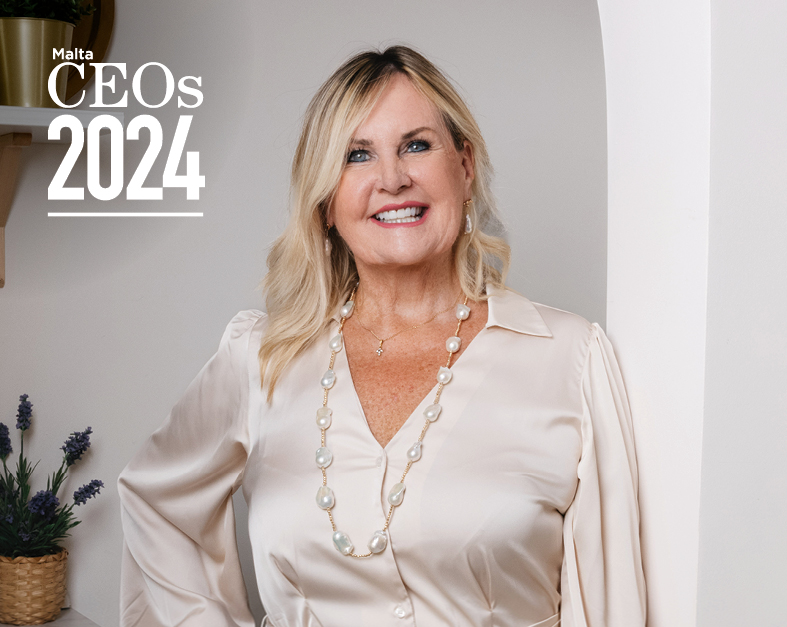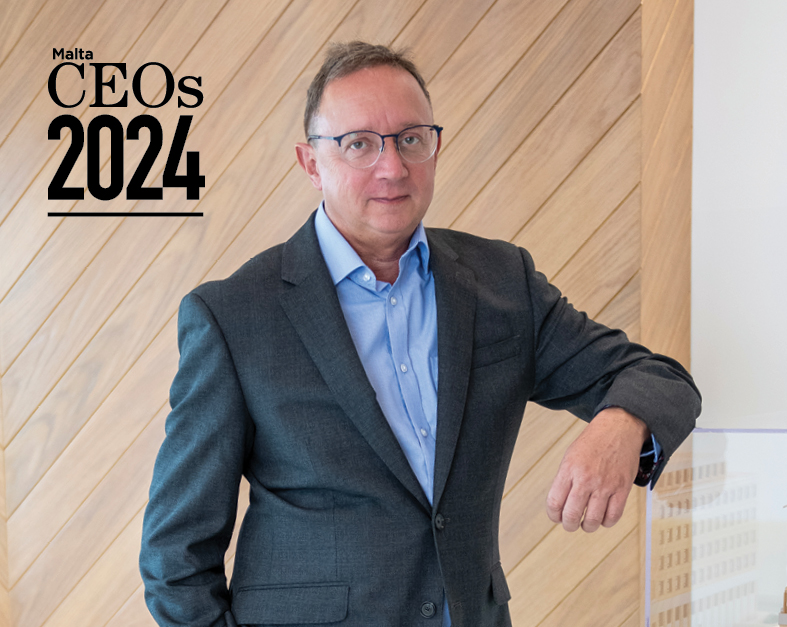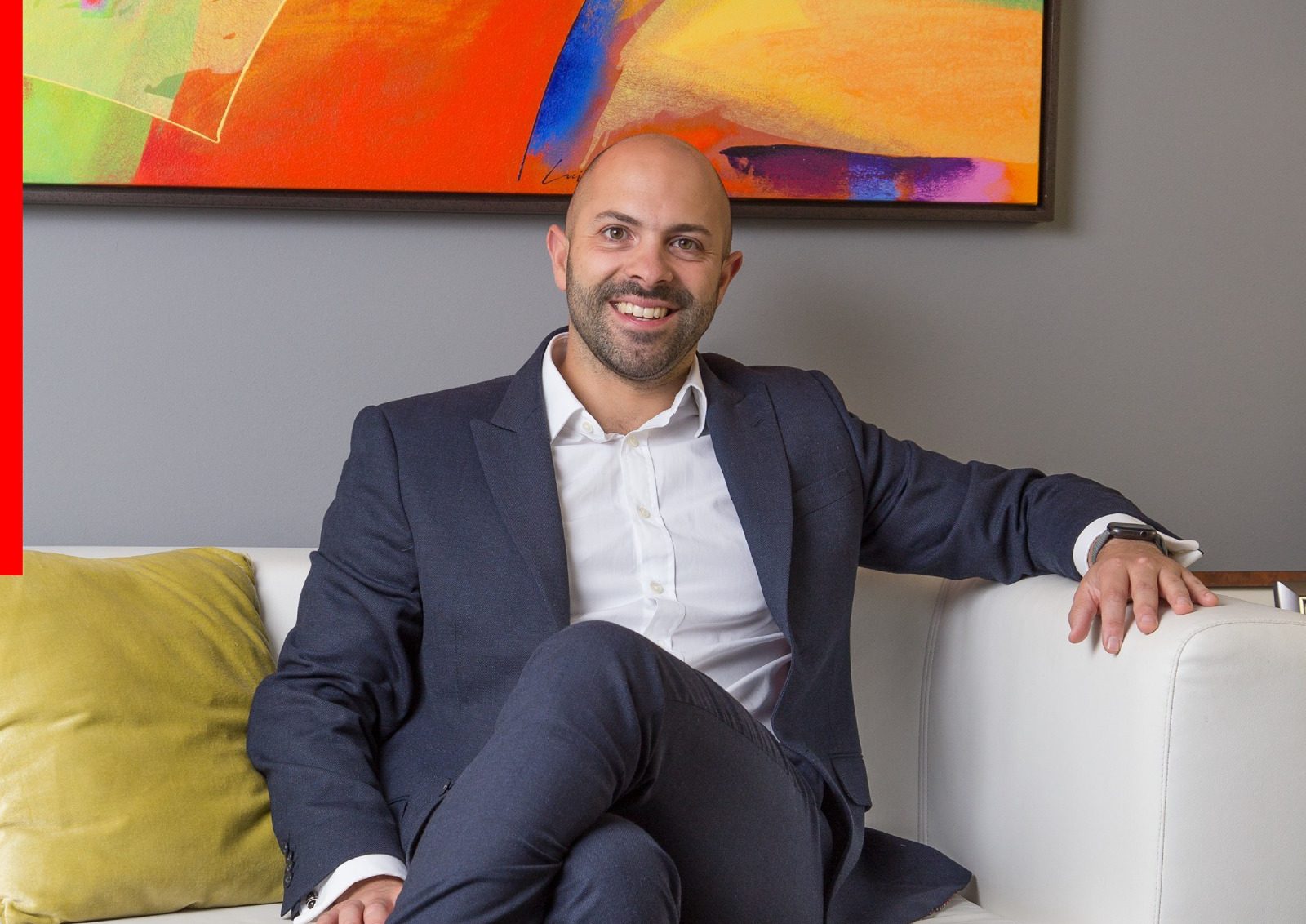Having the courage to report sexual harassment issues at the workplace to superiors is no easy feat.
Nonetheless, the President of the Malta Employer’s Association (MEA), Joanne Bondin, says that due to the informal nature of many family [businesses] – which can result in a lack of HR policies and reporting structures – “it’s even more difficult for victims to report abuse or feel confident that their complaints will be handled impartially and effectively.”
These comments were given to MaltaCEOs.mt following the National Statistics Office’s (NSO) latest survey which found that in 2022, 27.1% of women and 11% of men experienced sexual harassment at work. Overall, a total of 12,000 individuals, aged between 18 and 74 years and living in private households, were drawn from the sampling frame maintained by the NSO (4,800 males and 7,200 females).
“Malta’s small size and close-knit nature within many family-owned and family-run companies can indeed create demanding situations for some individuals to report sexual harassment in the place of work,” she explains.
While noting that in such tight-knit environments, employees may fear retaliation or social stigma related to reporting harassment, she also highlights that such situations can be created in any company “large or small.”
Ms Bondin expresses her belief that efforts to implement formal HR rules, establishing clear reporting methods and raising awareness about sexual harassment can mitigate these challenges and create a safer and “extra supportive work environment.”
While awareness and education about sexual harassment, especially against women, have been given ample attention over the years, many still tend to discount sexual harassment against males at the workplace.
Ms Bondin remarks that addressing sexual harassment in the workplace requires an inclusive approach that acknowledges the experiences of all individuals, regardless of gender.
“While efforts to raise awareness about sexual harassment against women have been prominent, there may have been – probably due to gender stereotyping – a concerning lack of attention given to harassment experienced by men,” she continues.
She states that it’s important to create a workplace environment where all employees – including men – feel comfortable to come forward with reports of harassment. This entails implementing inclusive training programs, establishing clear reporting procedures, promoting supportive policies, and fostering a culture of respect and inclusivity.
On the other hand, she also believes that leadership must play a pivotal role in setting the tone and demonstrating a commitment to zero tolerance for harassment of any kind.
“By challenging stereotypes and providing support for all victims, organisations can cultivate a safe and equitable workplace for everyone,” Ms Bondin concludes.
The NSO findings resulted from an NSO survey titled ‘Safety and Well-Being 2022’ which also explored intimate partner violence, non-partner violence, stalking and different experiences faced during childhood.
Additional figures related to sexual harassment at the workplace indicate that the more prevalent form was that of inappropriate string or leering at 12.2 per cent. This was followed by unwanted sexual jokes and remarks at 10.2 per cent and unsolicited physical contact at 4.8 per cent.
Most of the sexual harassment at work had come from co-workers, “with other significant perpetrators indicated as superiors or non employees.”
Notably, more than half (51.6 per cent) the target population of the survey expressed their belief that sexual harassment at work is not common or does not happen at all. Meanwhile, 18.3 per cent believed it is very or fairly common.
“Less than a quarter of females who had ever worked believed that sexual harassment is very or fairly common at the workplace (22.9 per cent),” NSO added.
On the other hand, when asked the same question 14.5 per cent of males who had ever worked believed it is very or fairly common.
When asked about channels that can help victims of sexual harrassment at the workplace, over one-third of persons who had ever worked had no knowledge of help channels available at work. Of those in employment at the time of the survey, 63.1 per cent knew who the contact person responsible for sexual harassment reports at their workplace.
Meanwhile, 36.7 per cent had the availability of sexual harassment training sessions.
‘We will continue to navigate the challenges that commercial real estate currently faces’ – Hili Properties MD
The company registered a 23% year-on-year increase in revenue for the year ending December 2023.
’20 years of very hard work’: MD Patrick Fenech reflects on Malta School of Flying’s 20th anniversary
One of Patrick Fenech’s great satisfactions over the years is boarding flights piloted by former students.
The Point Urban Oasis: A community green space in Tigne Point
Featuring approximately 1,500 carefully selected plants, in an area spanning about 200 square metres, the Urban Oasis offers a rich ...
Debono Group CEO pays tribute to family as company celebrates six decades of partnership with Toyota
Debono Group’s collaboration with Toyota started in 1960, when the late Michael Debono imported and sold a Toyota Crown.











